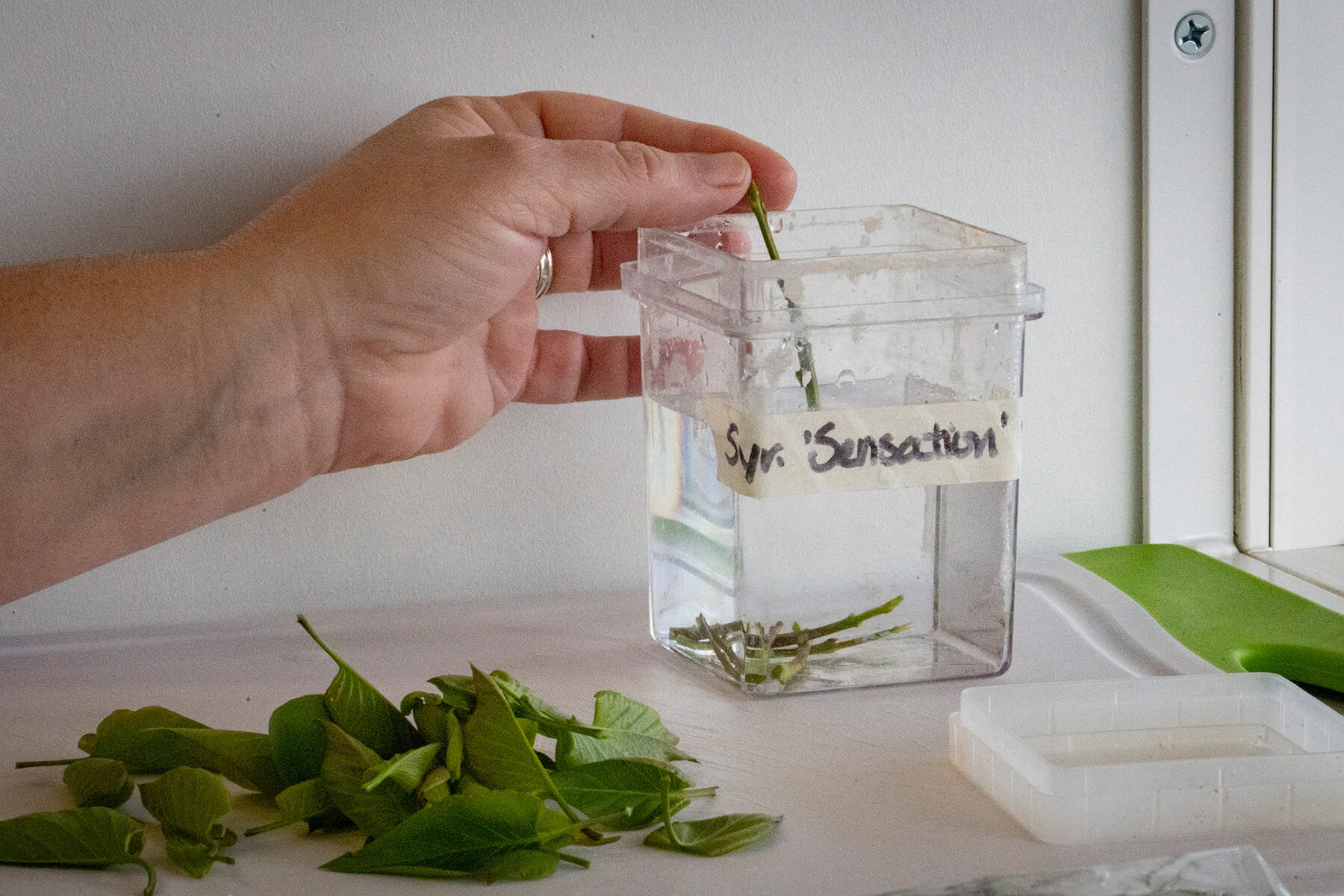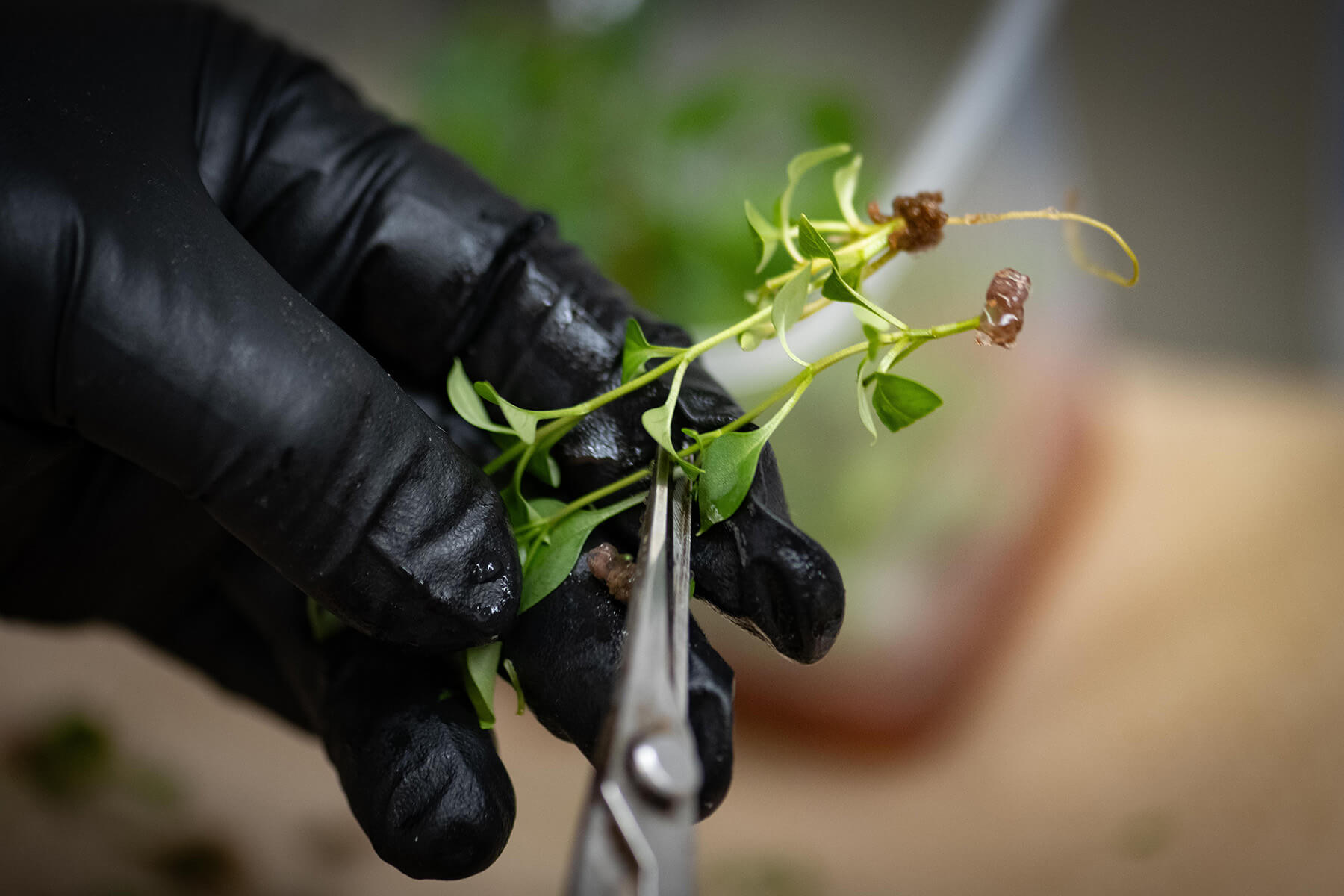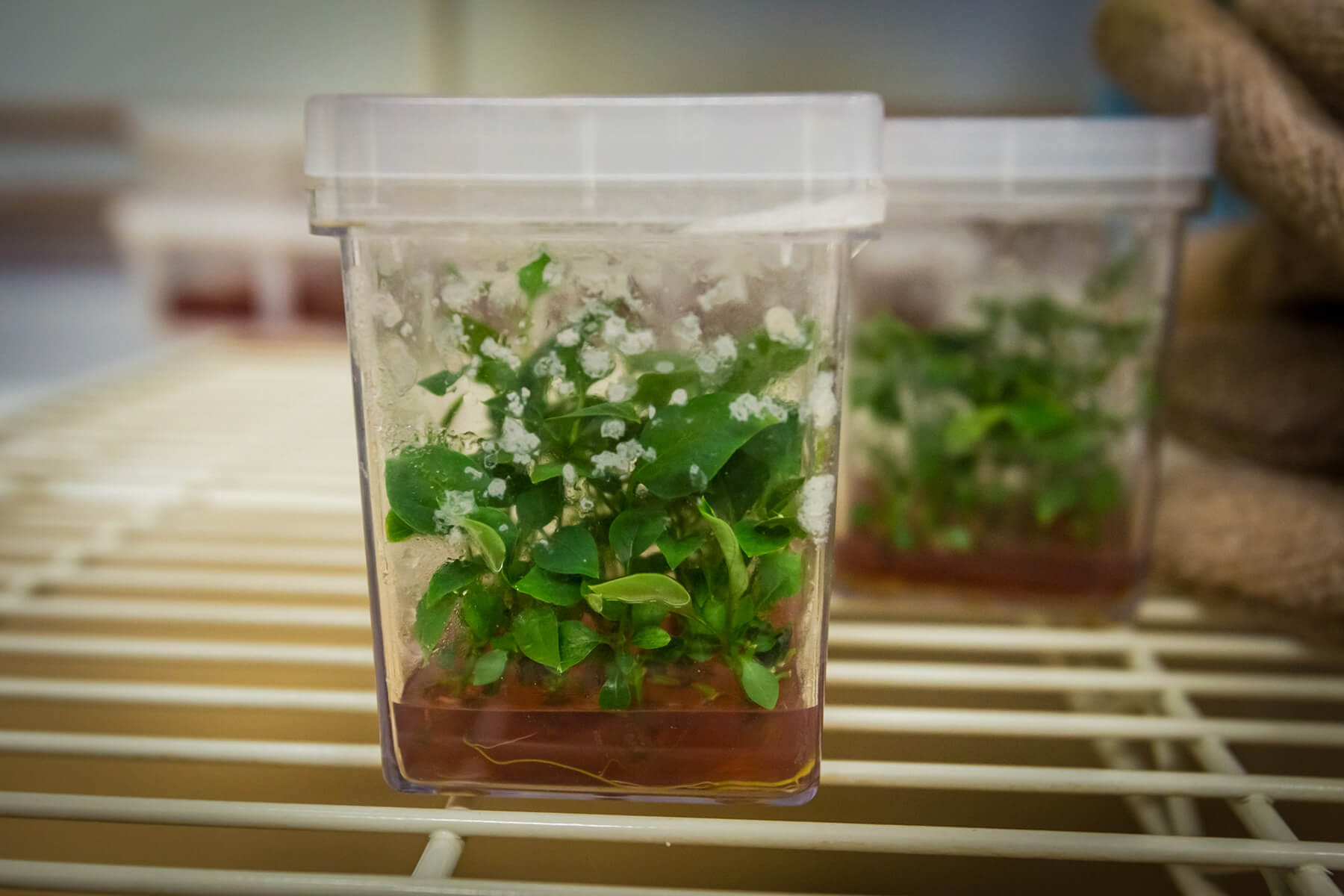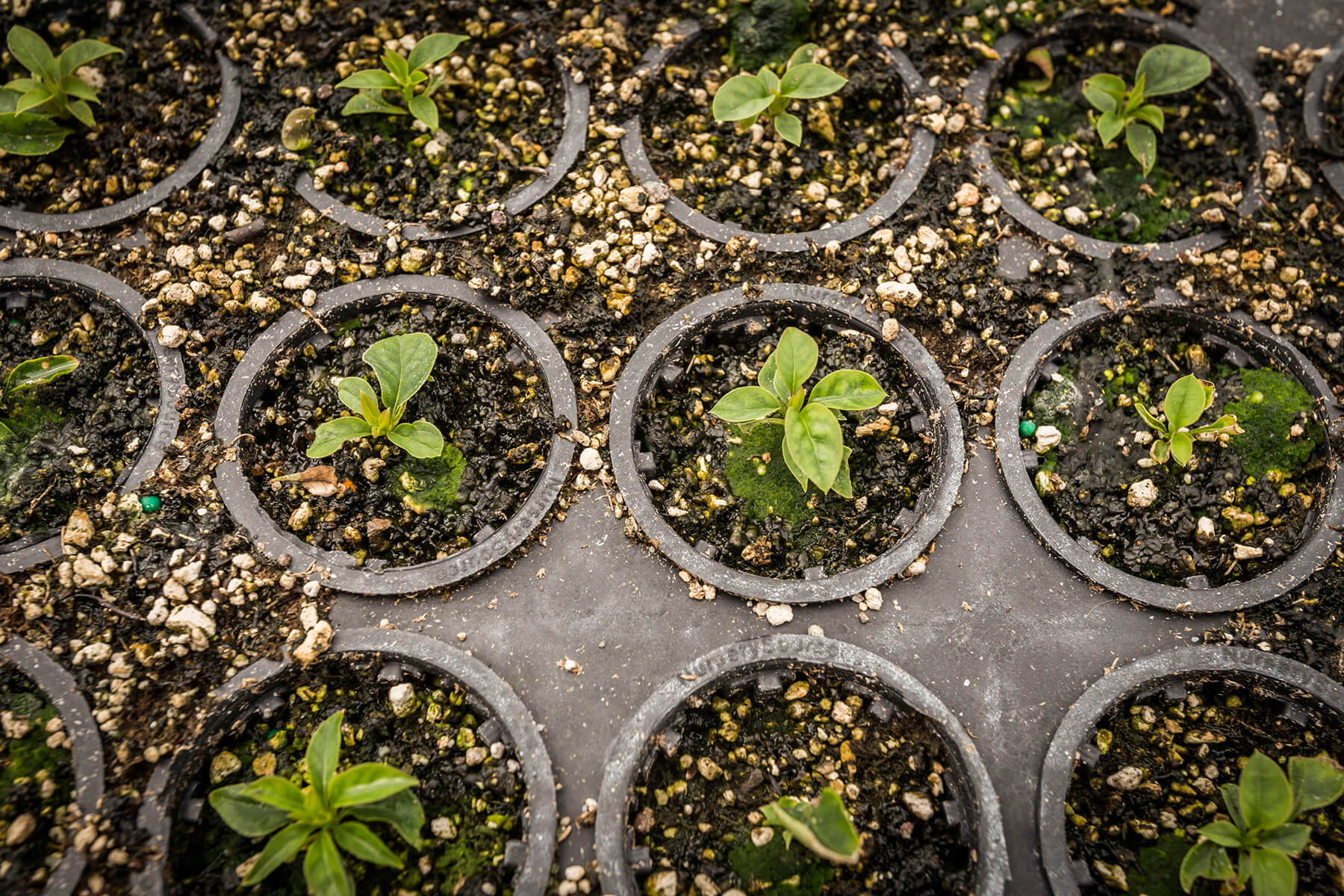
Lilacs are Timeless
There’s something timeless about lilacs. Their fragrance, resilience, and graceful beauty have earned them a place in gardens for generations. But behind their charm lies a grower’s dilemma. Getting lilacs to propagate consistently and predictably has been a challenge to many in the industry.
At Bailey Nurseries, we’re combining decades of horticultural experience with cutting-edge techniques to change that story. One of the most exciting breakthroughs? Tissue culture! This is a method that’s helping us bring more robust, reliable, and beautiful tree and shrub lilacs to market.
A Modern Solution to a Longstanding Challenge
Our focus has been specifically with Syringa reticulata trees and Syringa vulgaris shrubs. Traditional propagation methods, like seeds or softwood cuttings, can be unpredictable when it comes to Syringa. Cuttings may fail to root, and even when they do, the results vary.
That’s where tissue culture shines. Instead of relying on chance, we begin with carefully selected tiny cuttings into a sterile, controlled environment. These become plantlets and are nurtured to grow into identical, healthy clones of the parent plant.

Why Tissue Culture for Syringa?
Lilacs are fun and easy to grow, but they’re surprisingly difficult in propagation. Tissue culture addresses many of the challenges growers have long struggled with.
- Clonal accuracy – ensures that plants remain true to name and color. This is critical for maintaining varietal integrity.
- Juvenile vigor – leads to faster-growing, more vigorous plants, reducing time to market and providing a superior product.
- Improved quality – immediately noticeable in the field, from structure to bloom consistency.
- Off-season flexibility unlike cuttings, which are tied to seasonal windows, tissue culture allows propagation year-round. That means more efficient use of labor and resources and better availability when it counts.

From Grower to Gardener: Advantages All Around
The benefits of tissue culture grown lilacs extend across the entire supply chain.
What starts in the lab ends with better performance in the field. Lilacs propagated via tissue culture are not just more uniform, they’re stronger overall. They exhibit lower loss rates, improved hardiness in early stages, and overall superior quality.
Some notable Syringa varieties that have greatly benefited from tissue culture include Snowdance™ Japanese Tree Lilac and Virtual Violet® Lilac. Tissue culture continues to play a key role in preserving the unique characteristics of these gorgeous cultivars while improving propagation success, plant vigor, and crop uniformity.

Looking Ahead
It’s clear that tissue culture has set a new benchmark in Syringa production. The ability to overcome traditional propagation limitations while improving efficiency and quality is a win for everyone.
